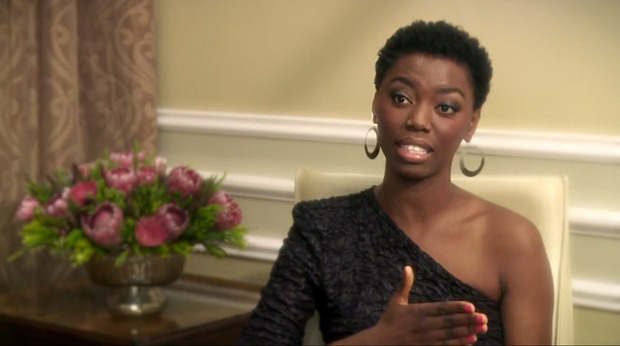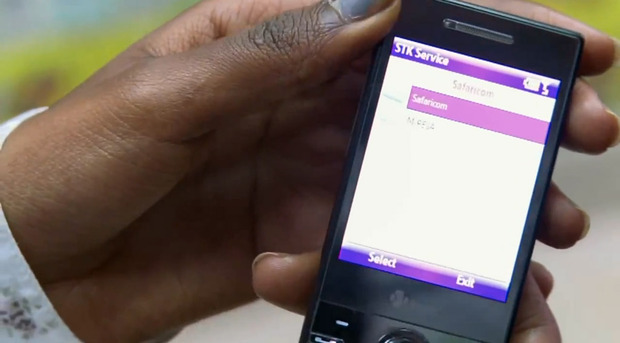Africa Straight Up
Filmmakers focus on rewriting the story of Africa through technology and education


No longer considered “Africa, the unknown,” the continent is presented to the world through a pair of fresh eyes in Africa Straight Up,” a documentary released in conjunction with the relaunch of Africa.com that seeks to counter the often tragic story of a region which many still fail to understand. Written and produced by the site’s founder and editor Teresa Clarke and narrated by New York-based choreographer Warren Adams, Africa Straight Up is a documentary that focuses on unearthing the progression and passion of the world’s second-largest continent from the point of view of those still living in the continent and Africans in the west.
Clarke’s depiction of Africa is a far cry from the general poverty-stricken, warfare-ridden and seemingly “backwards” society often portrayed in popular media–and instead emphasizes the continent’s hard work and struggle for innovation and change. It’s not to say that Africa does not still suffer its fair share of critical issues pertaining to its well being—however, the documentary aims to illustrate the dynamic process of evolution that has taken place to affect Africa’s actual successes–successes that are not often associated with its 54 countries. “We set out to produce a film that elevates the conversation about Africa, above the stereotypes of the past and towards the challenges of today and the immense possibilities of tomorrow,” says Clarke.

Through a set of intimate conversations with some of Africa’s most influential leaders like Asheshi University founder Patrick Awuah, Kenyan policy manager for Google Africa, Ory Okolloh and award-winning South African artist Lira, the documentary explores methods of understanding the cultural context surrounding common perceptions of Africa.

Offering a refreshing take on how Africans see themselves–not only as contributors to their respective countries, but also as leaders–the documentary quickly dives deep into the sectors of technology, education and business—the three main factors attributing to the continent’s growth. Of the more than 1 billion individuals living in Africa, 15% use the Internet and more than 40 million are active on Facebook, making up one of the largest social media followings in the world. Referring to Kenya as “Africa’s Silicone Valley”, the documentary highlights the country’s initiative to use cellphones not just as a tool for communication but also as an avenue for commerce and science–one of the leading technological advancements in Africa.

Ushahidi, an organization set up to deliver information in crisis situations between locals and necessary aid authorities uses text messages to collect pertinent information in the midst of upheaval. Africans are also seeking to change their political systems through the use of social media, as seen in Northern Africa during the course of the last few years. Motivated by this change, important cultural figures like British entrepreneur Mo Ibrahim are adopting ways to promote better governance through incentive programs that emphasize integrity in office, and are geared towards political leaders in all African countries.
Africa’s story continues to change as the focus on education skyrockets. Understanding the value of its youth, a number of African schools are pooling their efforts to prepare students for the professional world by providing them with quality education. Similar to the Mfuwe Day Secondary School in Zambia, Children of Kibera, an arts and literacy program in Kenya, is dedicated to enhancing the creative and analytical skills of young people using a music and performance based curriculum.
“Africa Straight Up” makes it clear that it is not merely just through media reports that the continent has been reduced to an aid-seeking, under-developed group of nations with pockets of gorgeous travel destinations, but that it is through the continuous cycle of depicting Africa as a single story has clouded the world’s perception. For more information visit the recently relaunched website.












